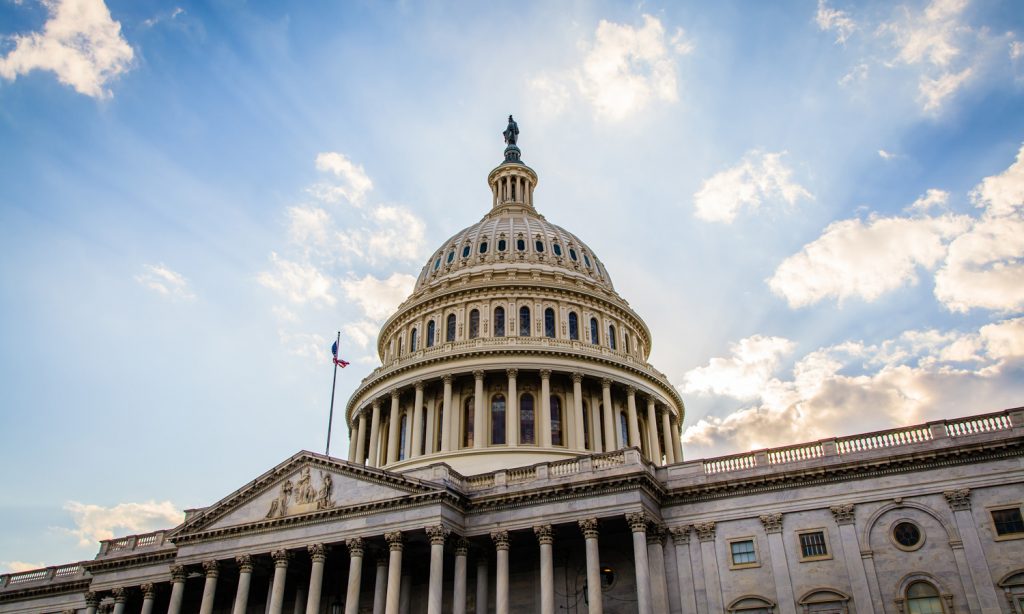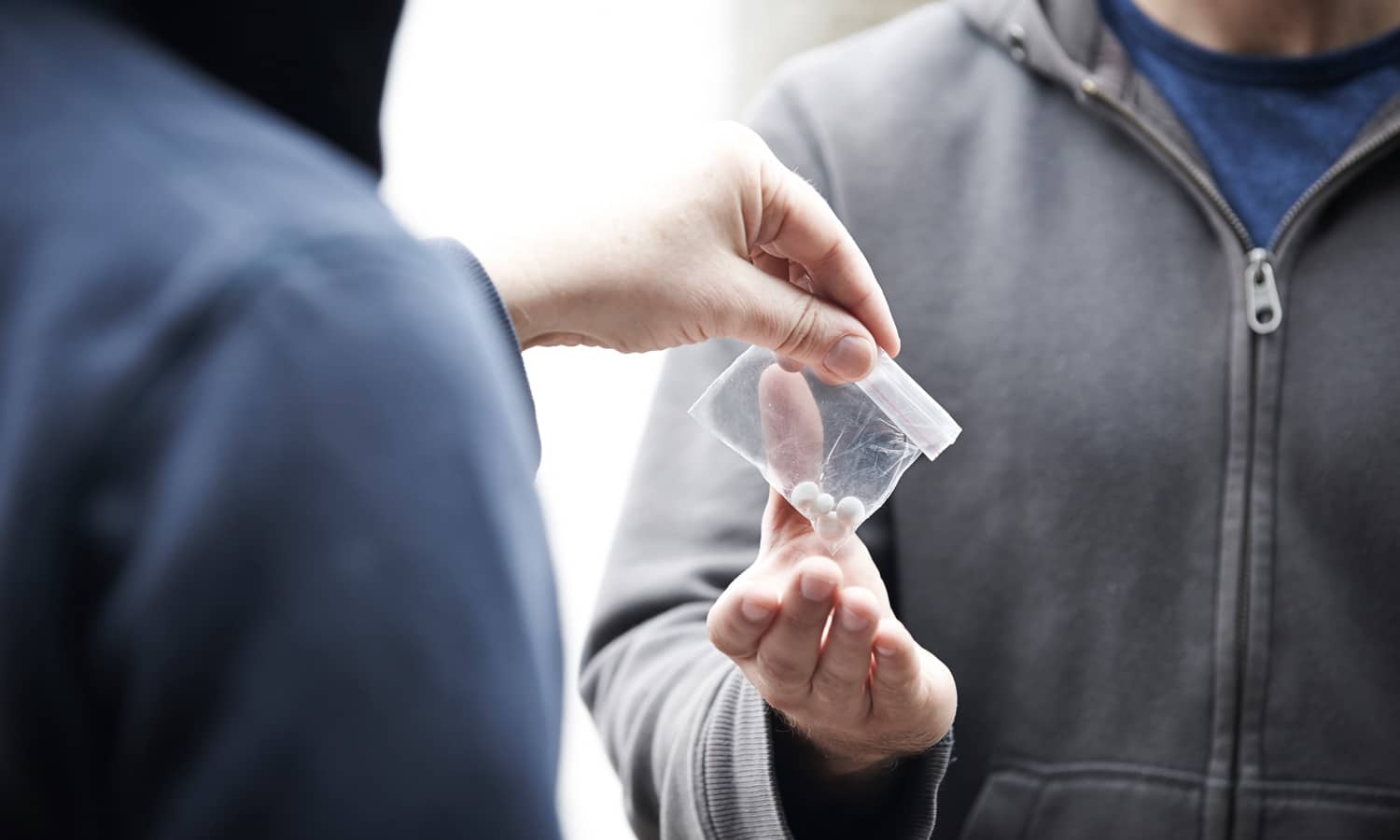A new report calls into question whether current criminalization of drug dealers actually makes a difference in reducing drug harm and violence.
The “drug dealer” is an easy person to problematize and criminalize, as they fare in trading illegal substances between the netherworld and regular citizens. But a new report from the Drug Policy Alliance calls into question the prevailing legislative practices and penal punishments around drug dealers.
Beyond being ineffective, the current criminalization of supply-side drug dealers compounds the dangers and possible violence associated with drug use. Law enforcement’s stringent crackdown on drug trafficking has the opposite effect of its intent. To avoid carrying bulkier goods, which could get them caught, dealers have incentive to introduce more concentrated, potent versions of drugs like fentanyl — an opioid 30 to 50 times stronger than heroin.
RELATED: Trump Wants To Ramp Up The International Drug War
“Between 1980 and 2011, increasing penalties played a significant role in raising average prison sentences for federal drug law violations by 35%,” the DPA report, published Tuesday, reads. “But rather than seeing a reduction in drug use or an increase in prices over this period, drug use increased while prices fell dramatically.”

The report argues that the law, as currently constructed, allows too broad a definition for drug dealers. Those carrying a personal amount of drugs could be considered — and arrested — as a dealer. Over the past 40 years, this has increased the number of people incarcerated for selling or distributing drugs by 3000%, from 15,000 in 1980 to 450,000 today. Furthermore, nearly half of dealers fit the criteria for substance use disorder, emphasizing the need for harm reduction initiatives.
“Despite the challenges of discussing supply-side drug policy reform in the midst of an overdose crisis, we cannot be silent while policymakers repeat the discriminatory, ineffective, expensive and dangerous mistakes of the past,” said Alyssa Stryker, the report’s author and former criminal justice policy manager at DPA.
RELATED: Are You Allergic To Marijuana?
Moving forward, the DPA recommended some practices to revert course include eliminating mandatory minimum sentencing and expanding sterile drug paraphernalia such as syringes and pipes. Overall, the report stressed the importance of dealing with drug dealers and users alike outside the realm of criminalization. In addition, policymakers need to focus on reducing harms associated with drug distribution rather than aiming to eliminate drug market activity altogether.


